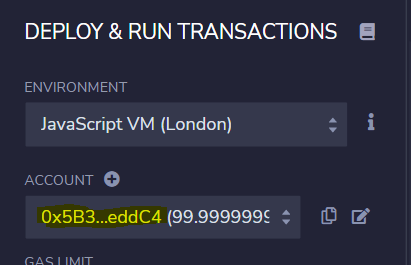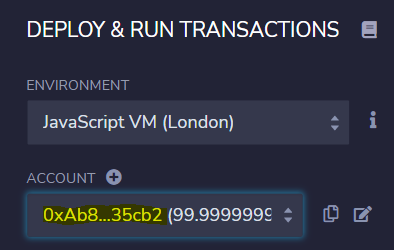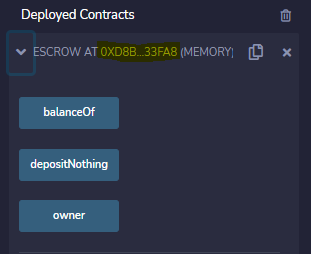What is the difference between msg.sender and address(this) in the below code?
**pragma solidity ^0.8.0;
contract Escrow{
address public payer;
address payable public payee;
address public lawyer;
uint public amount;
constructor(
address _payer,
address payable _payee,
uint _amount) {
payer = _payer;
payee = _payee;
lawyer = msg.sender;
amount = _amount;
}
function deposit() payable public {
require(msg.sender == payer, 'Sender must be the payer');
require(address(this).balance <= amount, 'Cant send more than escrow amount');
}
function release() public {
require(address(this).balance == amount, 'cannot release funds before full amount is sent');
require(msg.sender == lawyer, 'only lawyer can release funds');
payee.transfer(amount);
}
function balanceOf() view public returns(uint) {
return address(this).balance;
}
}**






address(this)ethereum.stackexchange.com/questions/40018/… – Cusk